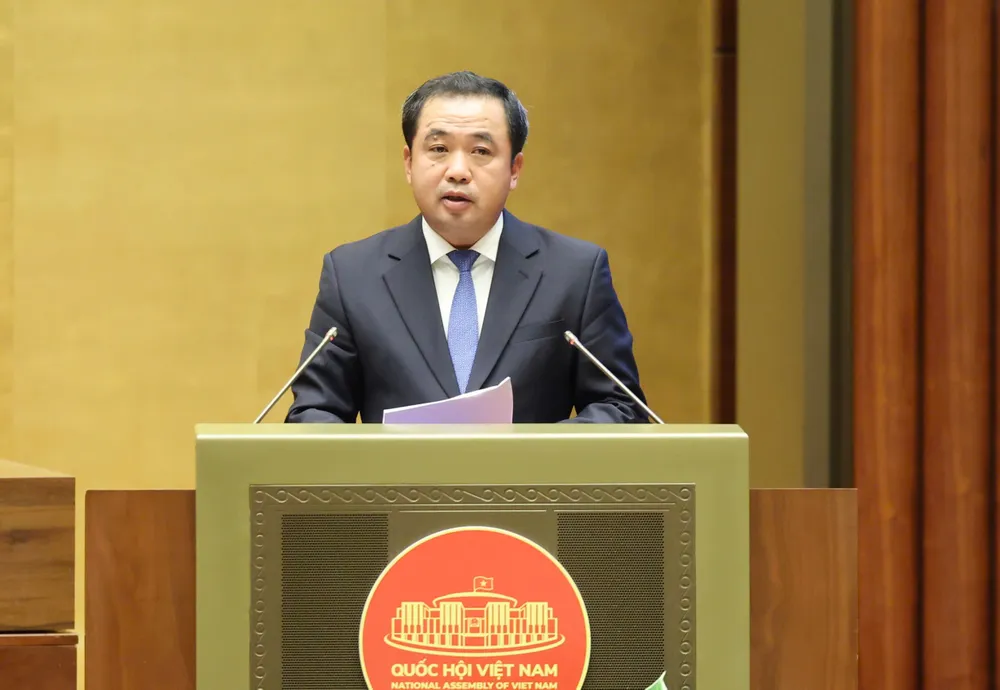
On the afternoon of October 28, at the discussion session on the report of the National Assembly's Supervisory Delegation on the implementation of environmental protection policies and laws since the Law on Environmental Protection 2020 took effect, National Assembly deputies (NA deputies) contributed many notable contents.
Delegate Ta Van Ha (Da Nang) expressed his opinion that many countries have succeeded in considering waste, wastewater, and emissions not as a burden but as a secondary source of raw materials, an investment opportunity, and a new business opportunity for enterprises. This is the nature of the circular economy , a green economy associated with the goal of net zero emissions that we committed to at COP26, expected by 2050.
In Vietnam, the current legal framework and policies have not created attractiveness for investors, and waste treatment costs still mainly weigh on the state budget and businesses.
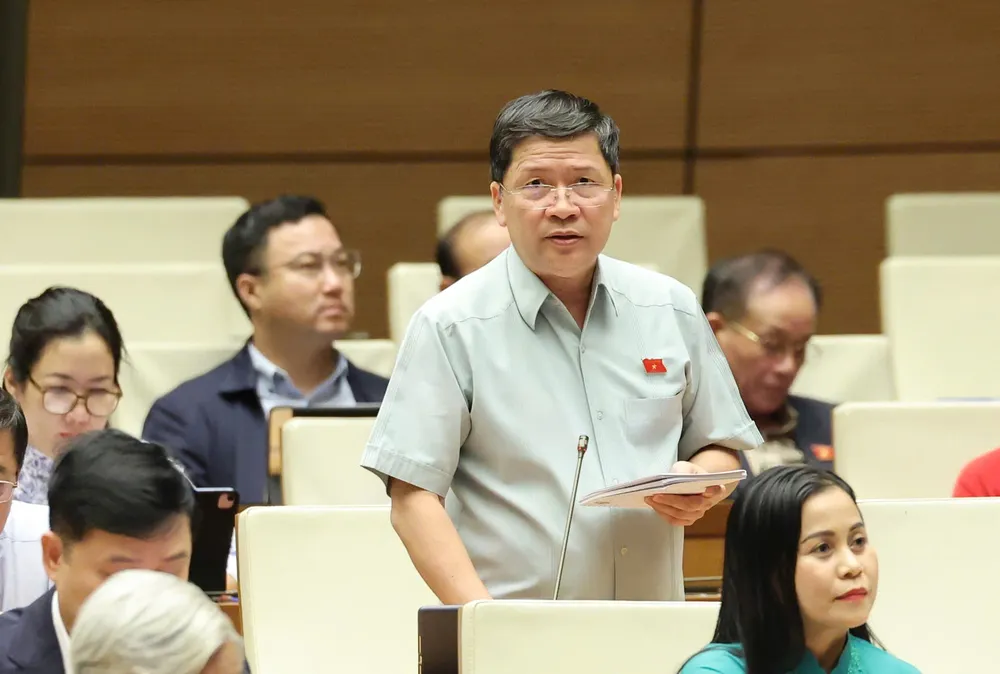
“Today, if we do not care about the environment, the economic damage later will be 10 times, many times greater; even economic growth can be overcome in one term, 5 years, 10 years, but environmental problems can last up to 100 years, and an entire generation will have to be sacrificed if we do not pay proper attention,” the delegate said.
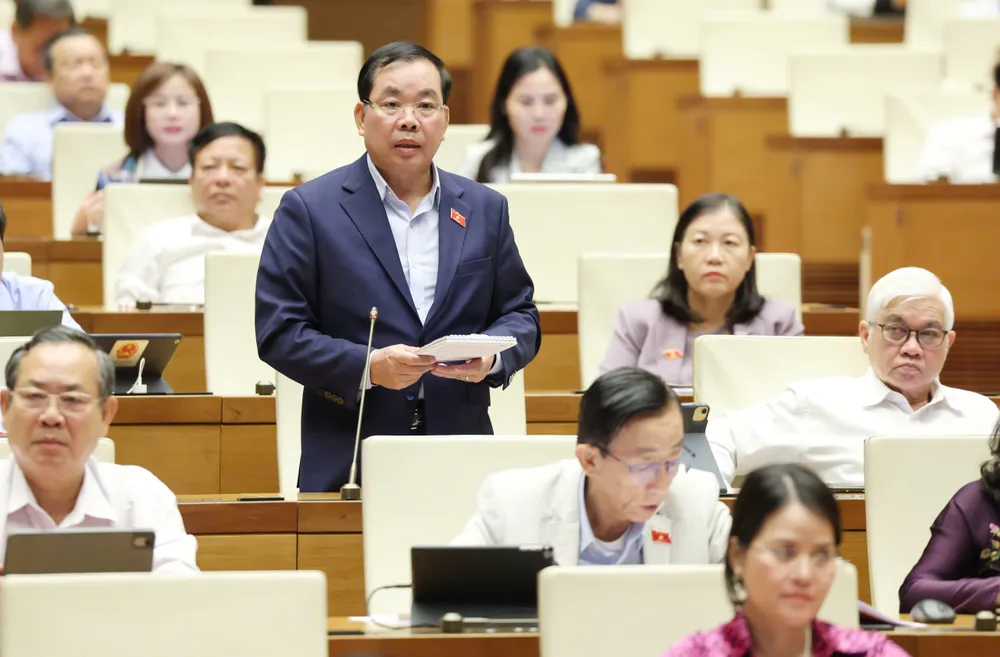
Delegate Nguyen Quang Huan (HCMC) said that it is necessary to complete the set of environmental regulations and standards. Currently, we have up to 300 sets of environmental regulations and standards, related to the environment, but many of them are outdated. Along with that is the problem of waste, nearly 60% of waste is buried.
Speaking earlier, Deputy Nguyen Tam Hung (HCMC) expressed concern about the situation of air pollution, wastewater and urban flooding, which are becoming major challenges. Currently, fine dust in the air is at level 2.5 in Hanoi and HCMC, sometimes exceeding the safety threshold; the rate of urban wastewater being treated is only about 18%; many urban areas are suffering from severe flooding due to high tides, extreme rains and weak drainage infrastructure.
The National Assembly should consider the Resolution to stipulate mandatory targets with a clear roadmap: by 2027, at least 35% of wastewater from urban areas of type I - II will be treated; by 2030, about 70% will be treated, with a mechanism to hold leaders accountable if not completed. Along with that, seriously polluting establishments that have not met the requirements will be thoroughly handled.
Regarding financial resources for the environment, Deputy Nguyen Tam Hung also proposed that the National Assembly consider raising the minimum level to 1.2% from 2027, while mobilizing more social capital through green bonds, green credit, environmental PPP; linking costs with specific output targets such as wastewater treatment rates, waste, and energy recycling.
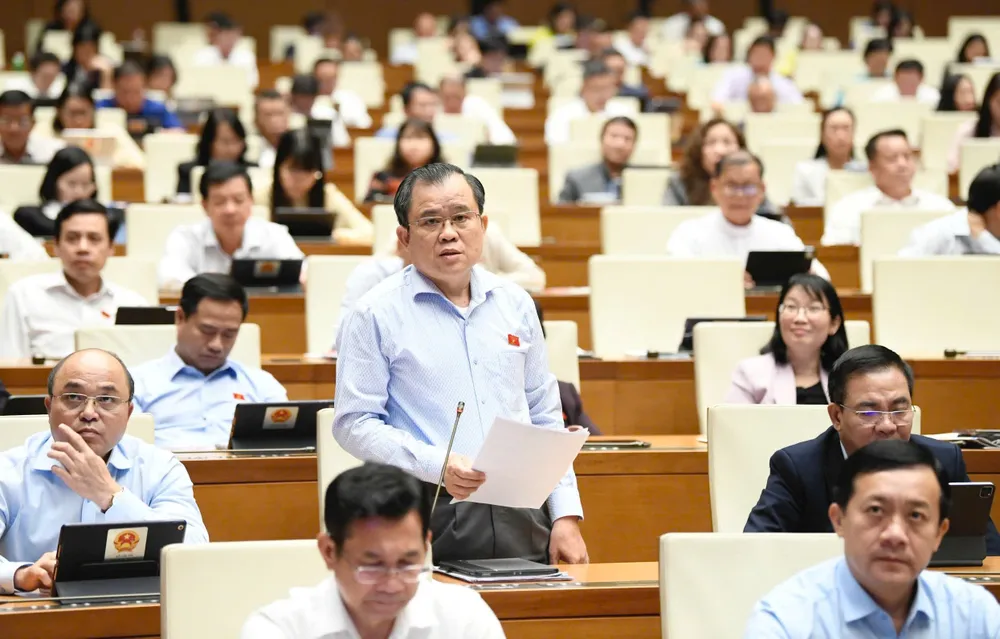
Explaining to the National Assembly, Minister of Agriculture and Environment Tran Duc Thang said that regarding the management of household waste and plastic waste, Vietnam currently generates about 25.3 million tons each year, of which about 1.8 million tons are plastic waste, creating great pressure and challenges for the collection, classification and treatment infrastructure. The Minister acknowledged that this is an issue that needs to be fundamentally addressed in the coming time.
Regarding air pollution, the Ministry of Agriculture and Environment has submitted to the Prime Minister a national action plan on pollution remediation and air quality management for the 2026-2030 period, with a vision to 2045. It has proposed a number of solutions such as switching to green means of transport.
The Minister said that in the near future, there will be a breakthrough in waste management, mobilizing resources to completely handle pollution hotspots, focusing on completely resolving identified bottlenecks in the treatment of domestic solid waste; making the most of the resource value of waste, promoting the circular economy; having reasonable policies and roadmaps for the classification of domestic solid waste in households and individuals.
Along with that, focus State and social resources on investing in infrastructure for collecting and treating urban wastewater, implementing measures to strictly control air pollution and restoring water quality in seriously polluted river basins.
Source: https://www.sggp.org.vn/viet-nam-phat-sinh-khoang-253-trieu-tan-rac-thai-sinh-hoat-moi-nam-post820455.html



![[Photo] Draft documents of the 14th Party Congress reach people at the Commune Cultural Post Offices](https://vphoto.vietnam.vn/thumb/1200x675/vietnam/resource/IMAGE/2025/10/28/1761642182616_du-thao-tai-tinh-hung-yen-4070-5235-jpg.webp)
![[Photo] Flooding on the right side of the gate, entrance to Hue Citadel](https://vphoto.vietnam.vn/thumb/1200x675/vietnam/resource/IMAGE/2025/10/28/1761660788143_ndo_br_gen-h-z7165069467254-74c71c36d0cb396744b678cec80552f0-2-jpg.webp)
![[Photo] National Assembly Chairman Tran Thanh Man received a delegation of the Social Democratic Party of Germany](https://vphoto.vietnam.vn/thumb/1200x675/vietnam/resource/IMAGE/2025/10/28/1761652150406_ndo_br_cover-3345-jpg.webp)


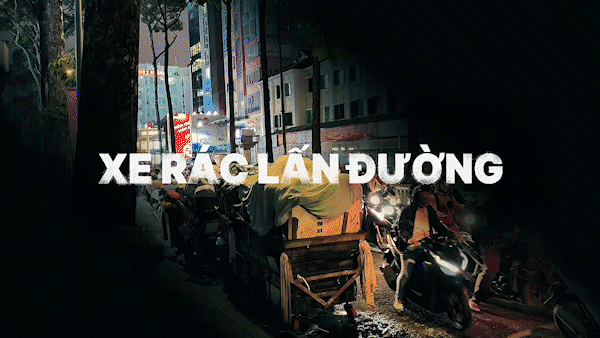


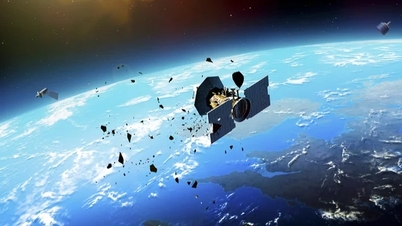

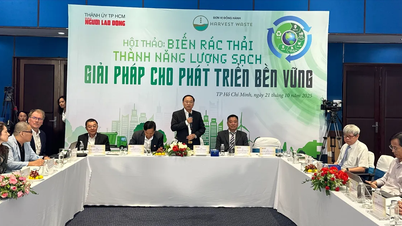
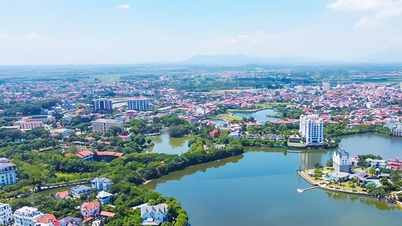

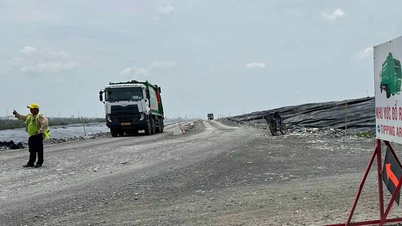
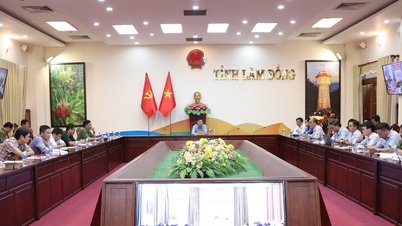

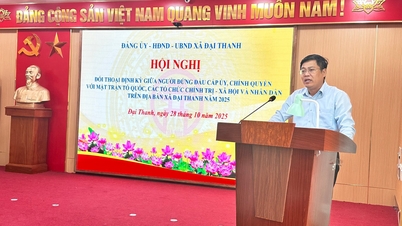

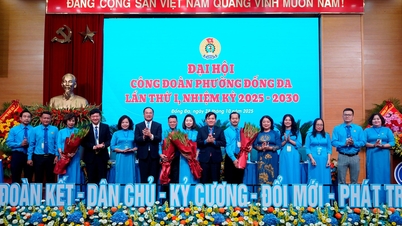

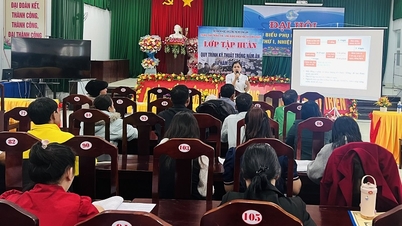

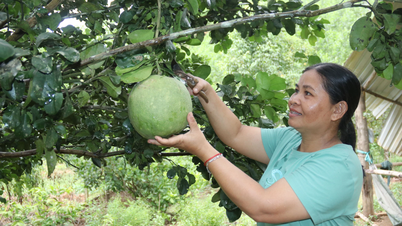





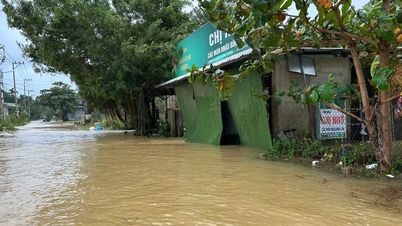
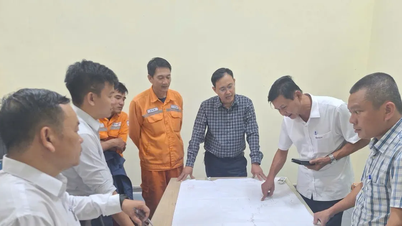
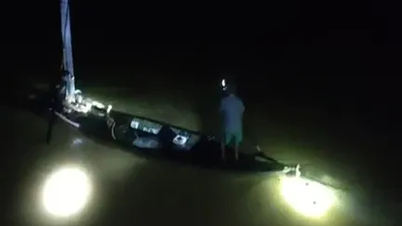
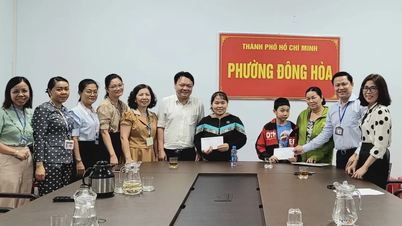
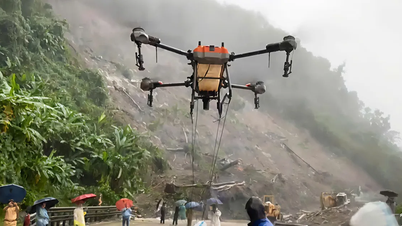
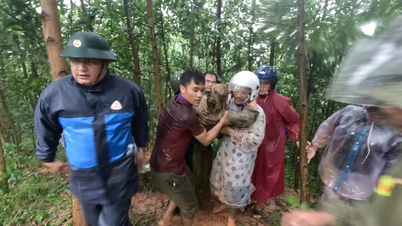
![[Photo] President Luong Cuong attends the 80th Anniversary of the Traditional Day of the Armed Forces of Military Region 3](https://vphoto.vietnam.vn/thumb/1200x675/vietnam/resource/IMAGE/2025/10/28/1761635584312_ndo_br_1-jpg.webp)

































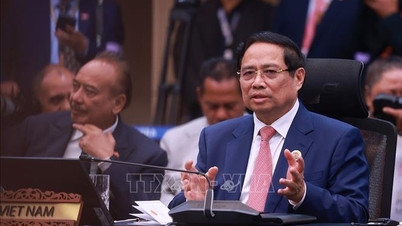





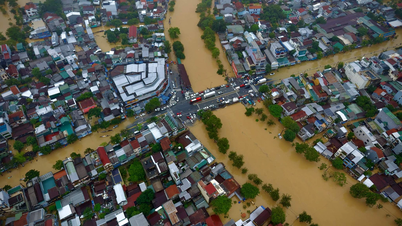




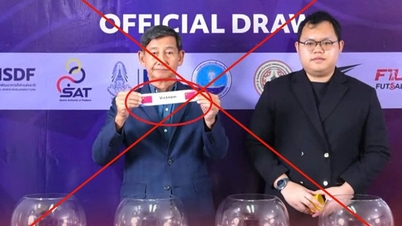

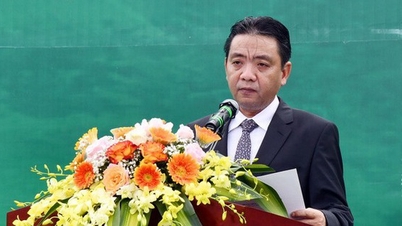
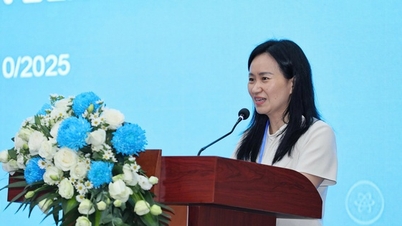

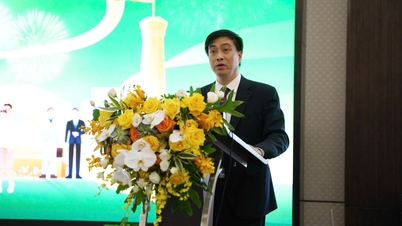



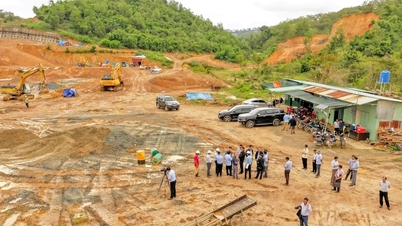




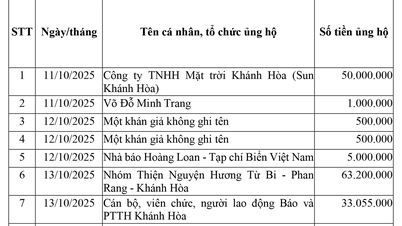
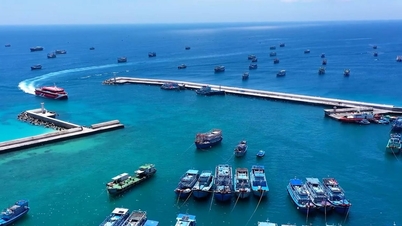
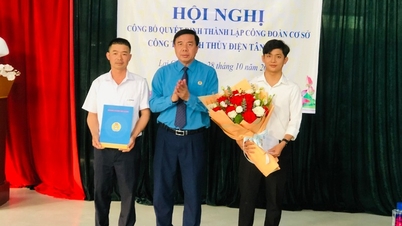
















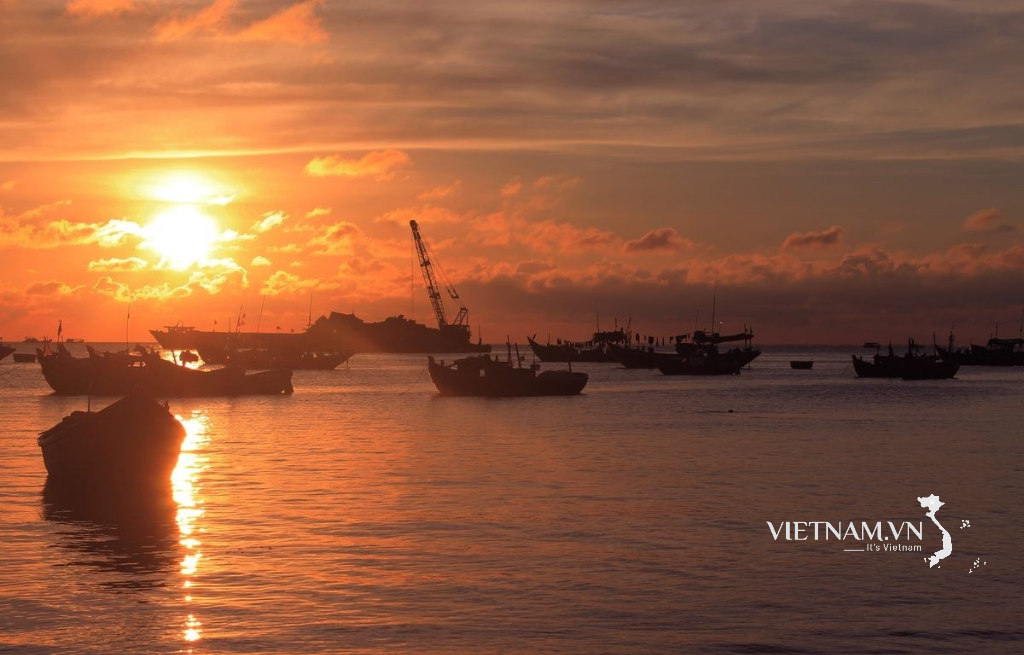
Comment (0)